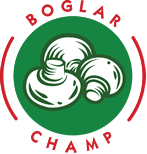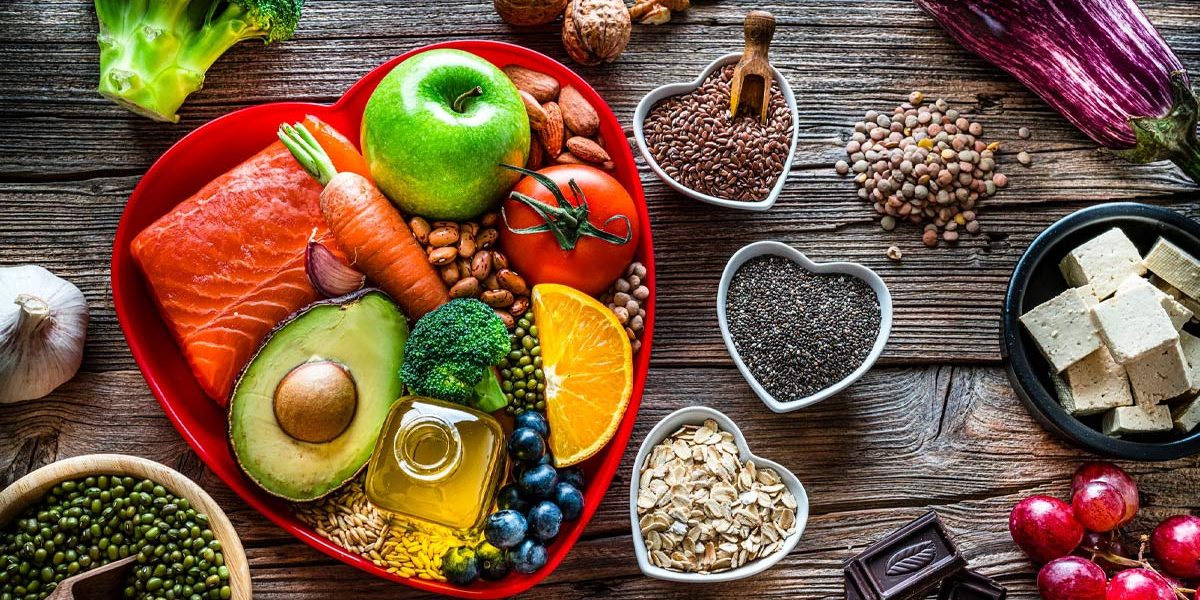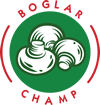Onions, garlic, shiitake mushrooms, avocados, pepper: are just some of the foods that have been proven to reduce high cholesterol. Regular consumption of whole grain bakery products, fruits, especially citrus fruits, apples, pears, grapes, plums, berries, mushrooms, oily seeds such as walnuts, almonds, hazelnuts, pistachios, legumes: beans, green peas, lentils, chickpeas, will lay the foundation of a healthy, balanced diet and can also keep cholesterol levels in check.
Cholesterol itself is not to be feared from health reasons, since it is found throughout our body and is indispensable. All our cells produce this compound, and the largest amount of it is produced by our liver. Cholesterol plays an important role in the construction of cell membranes and is also the basic material for the synthesis of many types of hormones. At the same time, if its quantity is too high, or too low, it can cause health problems.
Our blood results usually indicate three cholesterol-related values: total cholesterol, LDL cholesterol, and HDL cholesterol. High levels of LDL (low-density lipoprotein) contribute to the formation of deposits in blood vessels, thus increasing the likelihood of developing atherosclerosis, cardiovascular problems such as thrombosis, stroke or infarction. HDL, on the other hand (the high-density lipoprotein), also called “good cholesterol”, promotes the processing and breakdown of LDL cholesterol.
High cholesterol levels can be reduced by healthy, delicious foods, in addition to the fact that medication may be required on medical advice! Any food that is rich in fiber and poor in saturated fat can be called a cholesterol reducer.
General rules for a low-cholesterol diet:
- consume as little as possible, animal origin foods, which contain saturated fatty acids;
- instead, consume plant-based nutrition; consume as many fiber-rich foods as possible;
- avoid white flour, sugar, foods containing artificial additives, preservatives;
- feed variedly;
- eat at least five times a day, taking small portions at a time;
as much as possible, be regular on the time of your meals.
So, let’s look at five very good cholesterol-lowering foods that are definitely worth including in your diet!
1. Eggplant
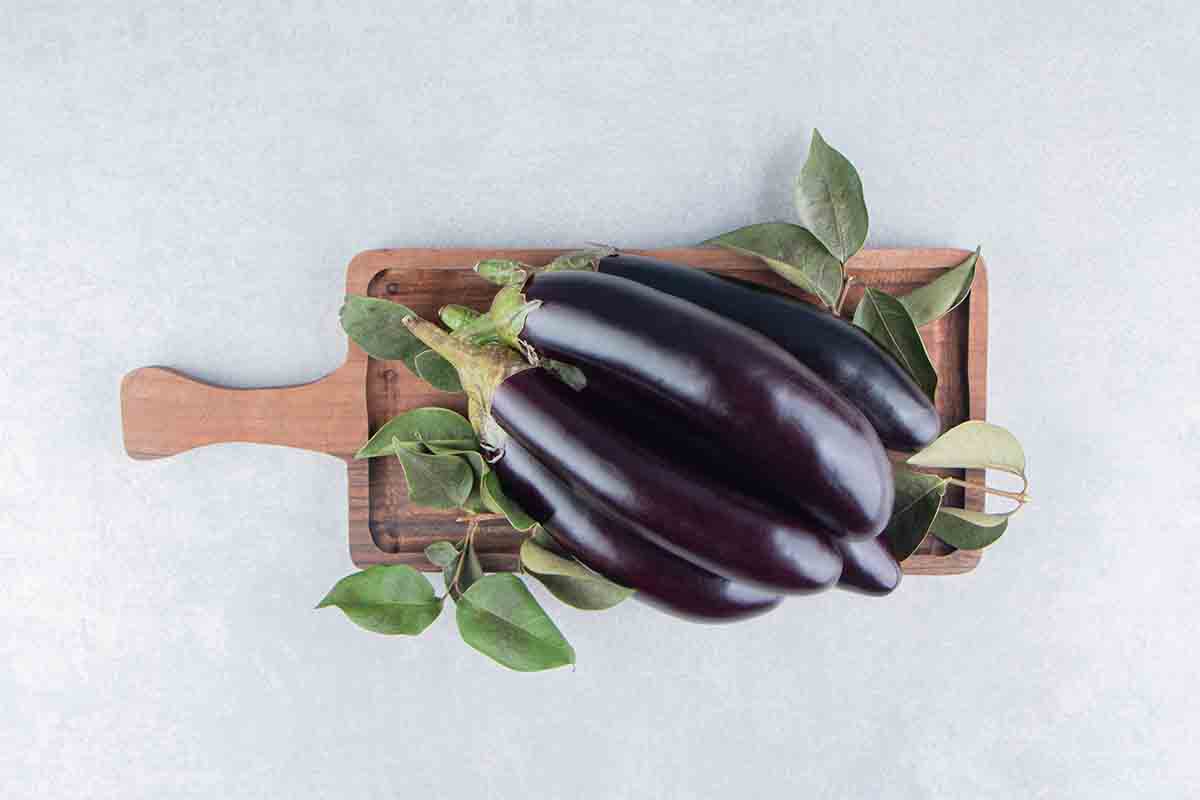
It contains a lot of antioxidants, minerals and vitamins, its water content is high, while its caloric content is low. It is rich in fiber, protects the digestive system, but there are few carbohydrates in it. It lowers cholesterol levels and stabilizes the blood pressure, so it reduces the risk of heart problems. Its potassium content helps the body stay properly hydrated. It contains phytonutrients that protect cell membranes from damage. The nasunin that it contains, helps remove excess iron and small amounts of nicotine from the body, that means it can even help you quit smoking.
2. Citrus fruit
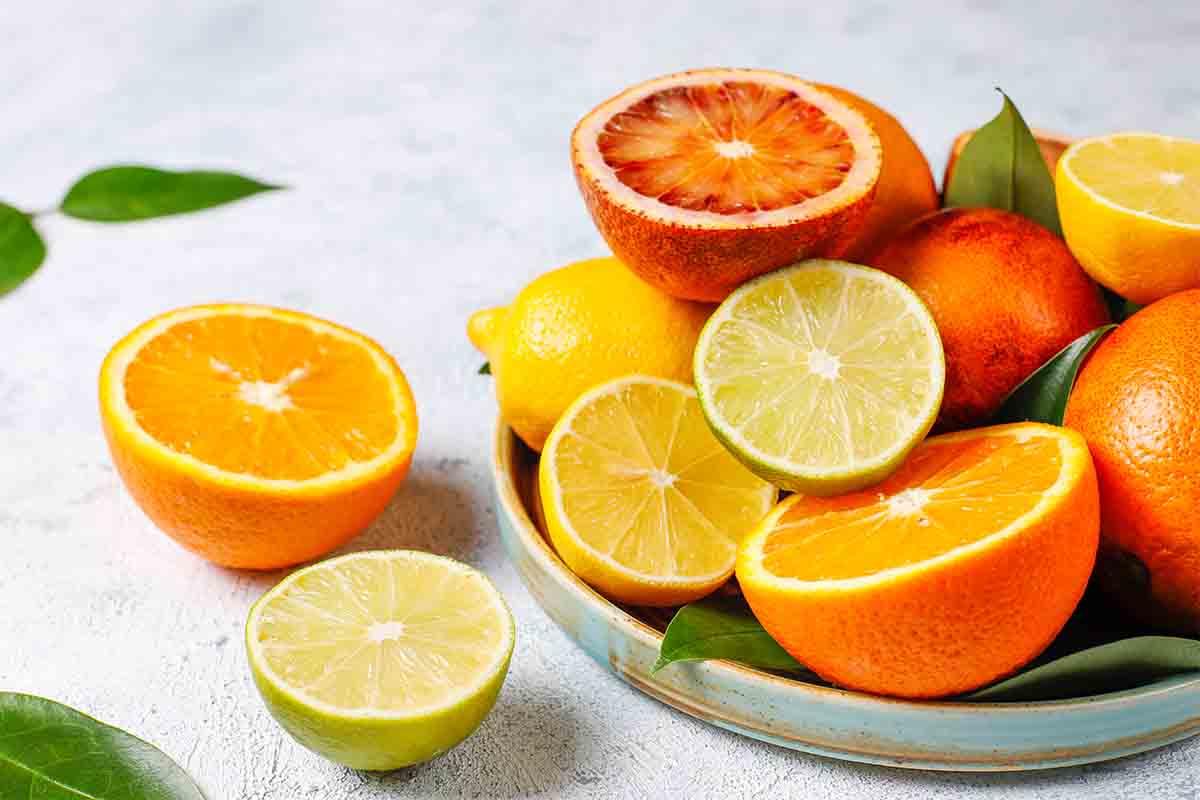
They contain a blood cholesterol-lowering active ingredient, the pectin, contained in the peel of the fruits, so their regular consumption (in its raw form) is effective in a diet that lowers blood cholesterol. In addition, they contain a lot of vitamins, antioxidants, regular consumption of them reduces the risk of developing cancer.
3. Fish

Regular consumption of fish increases the level of HDL cholesterol in the blood, that is, the “good cholesterol”, which transports excess cholesterol from the inner walls of blood vessels, thereby reducing the risk of cardiovascular problems. At the same time, eating fish has many benefits: it is nutritious, it also contains vitamin B12, and Omega 3 fatty acids which are very important for the well-functioning of our organism.
4. Fungi
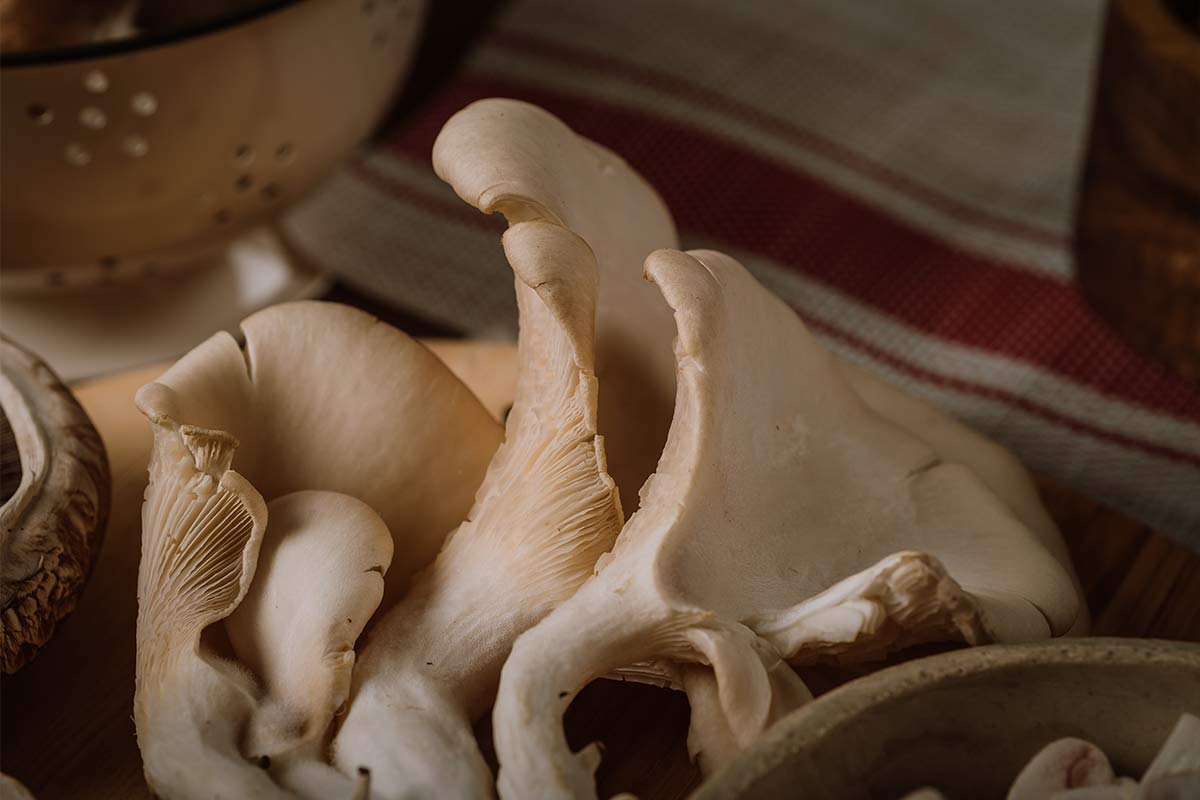
According to research, the consumption of oyster mushrooms effectively lowers cholesterol levels. This superfood contains a large amount of antioxidants, vitamins B, D, C and K, proteins, sterols, chromium, copper, iron, iodine, sodium, selenium, zinc, potassium, phosphorus. It has anti-inflammatory, blood pressure and blood sugar regulating effects, improves metabolism, is cell regenerating, which is why it is used to treat several types of diseases mainly in Eastern medicine. All edible mushrooms are an important component of a healthy diet, that is low in fat and animal foods, because they are low in calories and high in protein and fiber, but they also contain a variety of vitamins, minerals and antioxidants. More about this.
5. Olive oil
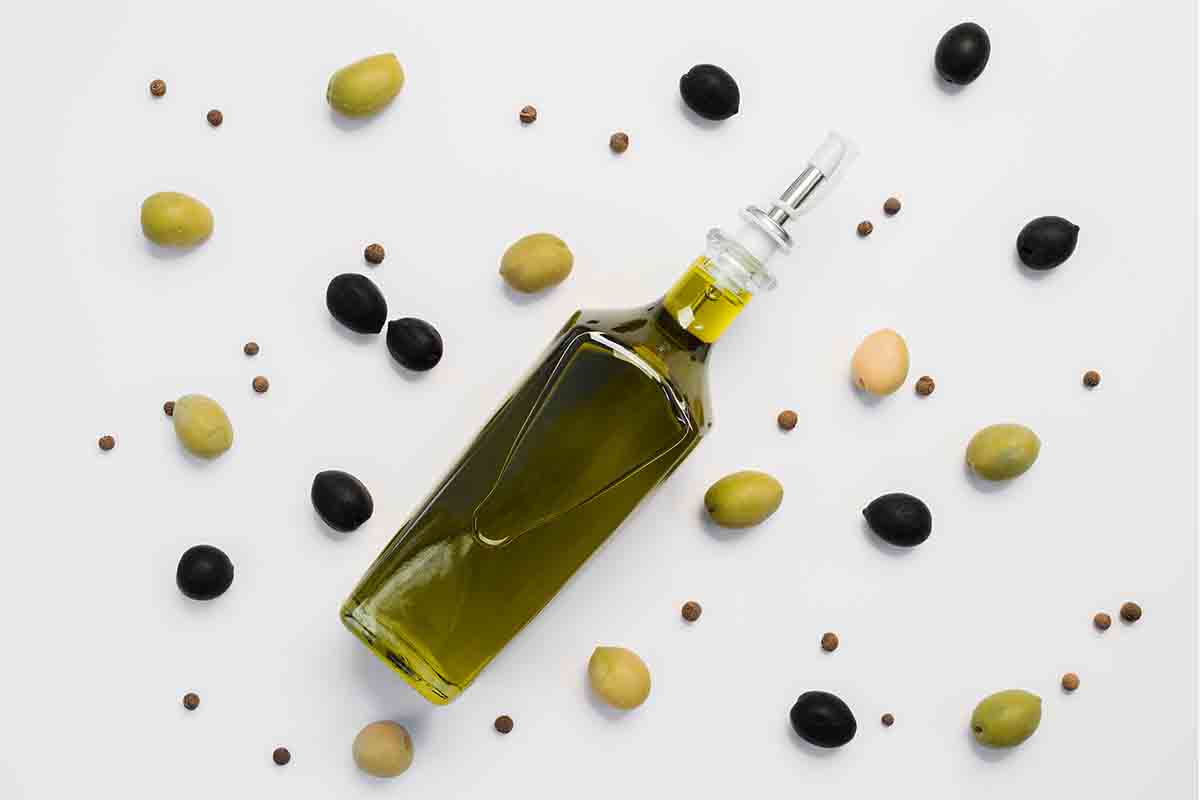
Since it contains a minimum of unsaturated fats, it is able to regulate the level of cholesterol in our blood. Olive oil contains the greatest amount of monounsaturated fat, which helps the production of HDL cholesterol in the body. Multiple researches have shown that a diet rich in extra virgin olive oil — such as the Mediterranean diet — reduces “bad” cholesterol in the body, and it increases “good” cholesterol levels. In addition, extra virgin olive oil contains antioxidants and forty types of phytonutrients, making it an unmissable ingredient in gastronomic trends aimed to a healthy diet.
